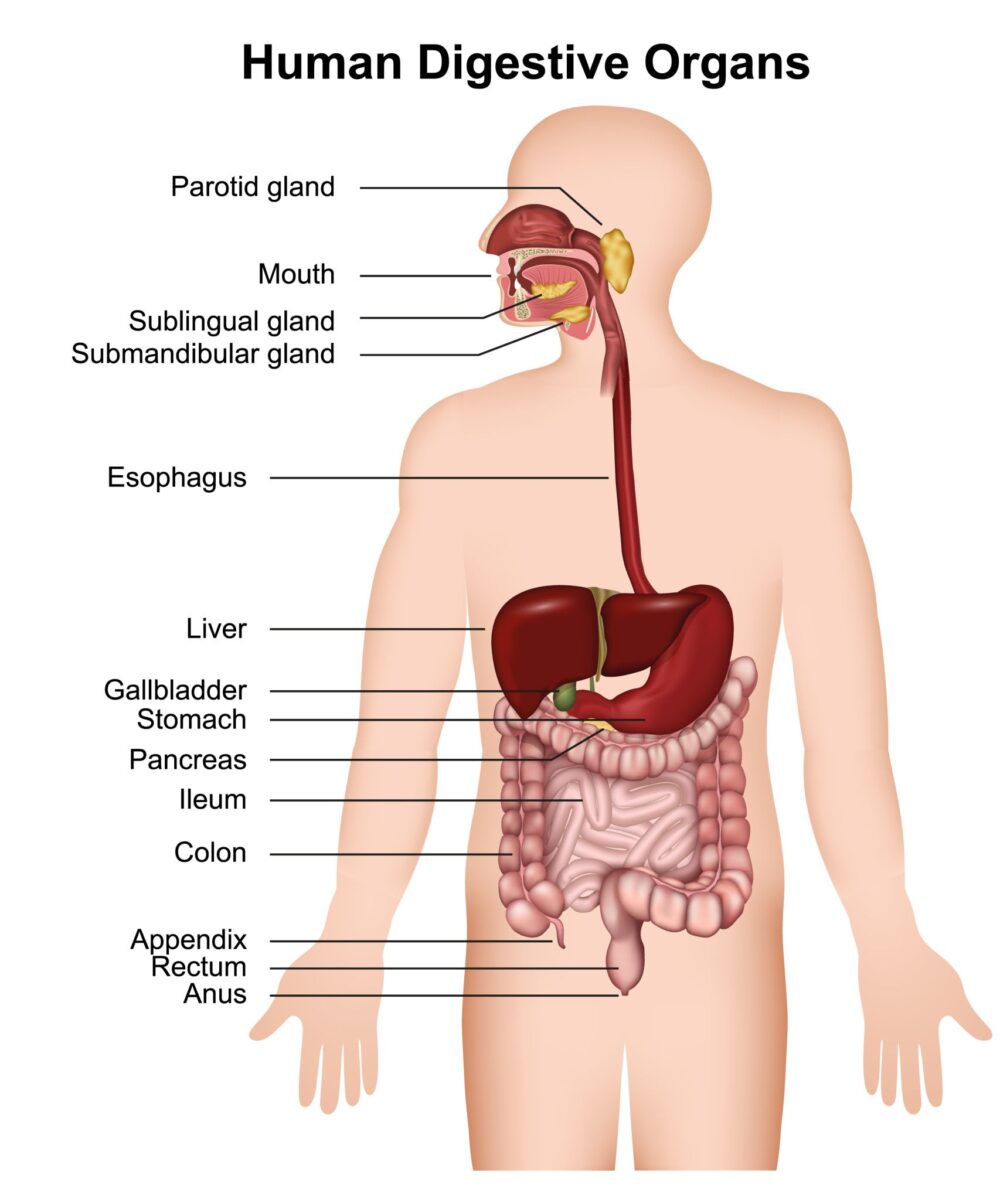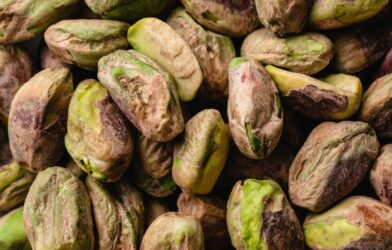For decades, astronauts have pushed the boundaries of human exploration, but their bodies have been on a journey of their own. From weakening bones to a confused sense of balance, the challenges of spaceflight are well-documented. Yet, new research points to an unseen passenger causing trouble: the trillions of microbes living in their guts. A compelling new study reveals that space travel deeply disrupts this vital microbial ecosystem, a finding that has serious implications for the health of future astronauts and the viability of long-duration missions to the Moon and Mars.
Led by an international team of scientists and published in the journal npj Biofilms and Microbiomes, the research offers the most detailed look to date at how space travel affects the gut microbiome. The findings suggest that these internal changes may be a direct cause of some of the health problems astronauts face, including a weakened immune system and a higher risk for liver disease. This research makes it clear that we can’t safely send humans on deep space journeys without first understanding the tiny worlds living inside them.
Pioneering Research: Mice in Space
To uncover these changes, scientists used a comprehensive approach to study mice that lived on the International Space Station (ISS) for either 29 or 56 days. They looked at the genetic makeup of the mice’s gut bacteria and examined the gene activity in the animals’ colons and livers. It was a multifaceted look at a complex problem, providing a clear picture of how the host animal’s body and its gut microbes were interacting.
The results were striking. Spaceflight caused a significant reshuffling of the gut microbiome, with 44 species of bacteria showing a change in their numbers. This included a noticeable drop in beneficial bacteria that help with metabolism and prevent disease. The depletion of these good microbes could explain why past studies on spaceflight have observed health issues like insulin resistance and even liver disease.
The Body’s Response to Microbial Changes
The microbial changes didn’t happen in isolation. The study found that the mice’s own genes changed their activity in response. The expression of genes related to metabolism, immunity, and liver health were altered, confirming that the shifts in the gut microbiome were having a direct and measurable effect on the host’s body.
In an unexpected twist, the mice who spent 56 days in space gained a significant amount of weight. While this might sound minor, it aligns with previous findings of increased fat tissue and cholesterol in spacefaring animals. The researchers also noted an uptick in genes linked to serious conditions like non-alcoholic fatty liver disease (NAFLD) and hepatocellular cancer, providing a potential biological explanation for health risks that were previously not well understood.
An Urgent Wake-Up Call for Space Exploration
The findings also shed light on why astronauts often return to Earth with a weakened immune system, leaving them more susceptible to illness. The study’s analysis showed a decrease in immune-related gene pathways and a rise in genes associated with pathogenic, or harmful, bacteria. It appears that the gut’s microbial balance, which normally helps ward off disease, is vulnerable to the stresses of spaceflight, leaving the body’s defenses compromised.
While the study’s sample size was small, the results were consistent across both the short- and long-duration spaceflight groups. The implications are enormous for the next generation of space missions. As the lead author of the study, Dr. Emmanuel Gonzalez, noted, “It’s clear we’re not just sending humans and animals to space, but entire ecosystems.” Understanding and protecting this intricate partnership between our bodies and our microbes is a critical step in ensuring the safety and success of the upcoming Artemis missions and the journey to Mars.
Paper Summary
Methodology
The study used 32-week-old female mice from the Rodent Research 6 mission on the ISS. They were divided into two spaceflight groups (29 and 56 days) and two control groups on Earth. Researchers used advanced genetic techniques to analyze the mice’s gut bacteria and gene activity in their colons and livers.
Results
Spaceflight caused significant changes in 44 species of gut bacteria in the mice. These microbial changes were associated with altered gene expression in the host’s colon and liver, which suggests a link to health issues like insulin resistance, liver disease, and weakened immunity.
Limitations
The research was limited by a small sample size and the lack of independent cohorts. The study also did not include an analysis of blood samples, which would have provided a more complete picture of the host-microbiome interaction.
Funding and Disclosures
The research was supported by grants from Science Foundation Ireland, the Irish Research Council, NASA, and the Canadian Space Agency. It was also conducted as part of the NASA GeneLab program.
Publication Information
The paper is titled “Spaceflight alters host-gut microbiota interactions” and was published in npj Biofilms and Microbiomes. The DOI is 10.1038/s41522-024-00545-1.












